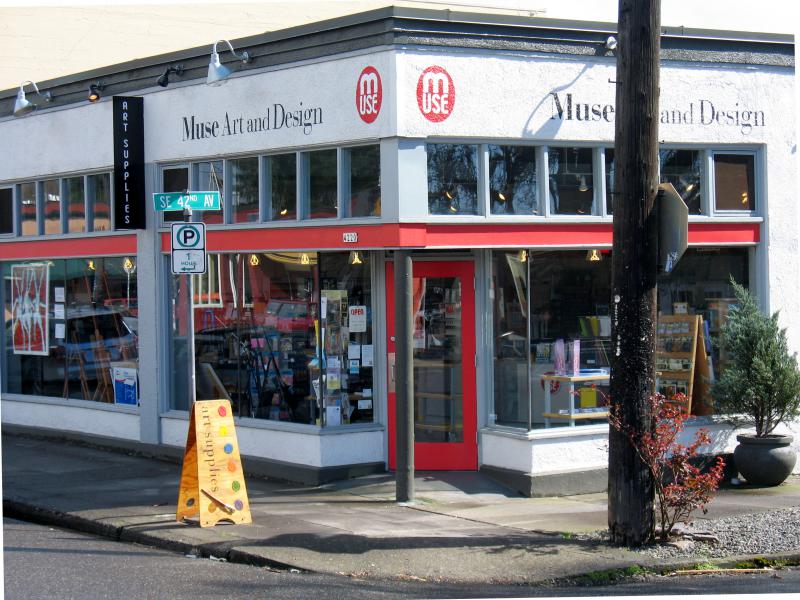
Outside the Vines: A Go-To Community Resource
Independent retail stores have often become staples in their communities whether it’s due to engaging displays, recognizable staff or unique products.
Peter Rossing, founder and owner of Muse Art and Design in Portland, Oregon, strives to foster an environment that sets his store as an information resource in his community.
“Most people think of an art materials store as the ‘arts & crafts’ store, not as someplace you can actually learn about new things and come away with information to help you be a better artist,” Rossing says. “I look at a well- run independent art supply store as kind of one of the last keepers of knowledge when it comes to techniques and materials.
“[Independent art supply store employees] are the people who use the materials and who really have to research them to know them and have an interest in being that resource. That’s what we still try to be because the chain stores don’t care about that.”
Content First
Hosting workshops can help you bring customers into your garden center, but the right planning is necessary to ensure a successful event, and one that will benefit your customers and your store.
“We place a big emphasis on being a resource for information about art materials and techniques, but we are a retail store, so if events don’t ultimately lead to customers who purchase from us, it doesn’t make them sustainable,” Rossing says.
Muse hosts demonstrations, informational lectures and artist talks along with its workshops.
Events are usually free, but a small registration fee is sometimes charged for longer, more in- depth lectures, Rossing says.
For some retailers, “events are just a big thing to get people in the door and get a buzz going,” Rossing says.
“It’s easy to come up with fun and catchy event ideas that bring in lots of people who you’ll never see again,” he says. “The most successful events we’ve done might only attract a very small group who are really interested and committed to learning about the area we’re experts in, and those are the people who are going to appreciate most how we are different from other stores. They’re the ones who will keep coming back.”
Whether it’s a hands-on workshop, lecture or demonstration, the goal is to provide information that will help customers keep their practice going and serve people who are doing art at various levels, Rossing says.
When planning an event, he chooses one specific topic, such as a particular art supply, brand or material. Demonstrations or artist talks focus on techniques or processes.
Once events are planned, they’re promoted through a monthly e-newsletter, flyers and word of mouth. Having artists do lectures allows Muse to reach each speaker’s following, thus reaching a larger audience.
If the resources are available, having a staff member dedicated to the workshops can ease planning, Rossing says.
Practice What You Preach
Once you get these workshop attendees back into your store to actually shop, it’s important they see that the knowledge sharing doesn’t just take place during workshops.
If you visit the “About” section of Muse’s website, you won’t see the typical mugshot photos of employees. In place of those you’ll find self-portraits done by each staff member, including Rossing.
“The first requirement for someone to work at Muse is that they are currently actively practicing their craft and have some training in art, whether formal, informal or self-taught,” Rossing says.
“It makes a big difference to be able to tell a customer, ‘I was using this product yesterday’ and then speak in detail with genuine enthusiasm about the experience.”
Rossing stresses the importance of creating that environment for staff and to encourage them to be doing their own work.
“The more I can support staff as artists, and kind of put them in the spotlight as artists, the better we’ll do,” Rossing says.
Giving staff time off for art shows or events, providing new products to try and showcasing their artwork are ways Rossing tries to foster that environment.
Customers also will take your recommendations more seriously knowing your staff is knowledgeable and involved in the industry.
“[Customers] have in their head that you’re just a sales clerk,” Rossing says. “But as soon as somebody’s art goes up on the wall and people walk in they go ‘Who painted this?’ and staff can say ‘Oh I did,’ and then they’ll listen to you. You will notice a difference in how people respond to you.”
Developing ongoing relationships with customers keeps Muse Art and Design as the place for customers to go for feedback.
“We learn from customers sometimes, but it means something to us,” Rossing says. “If a customer tells us ‘These colors mix really well together’ or ‘Don’t use this on this surface,’ then we learn and we can pass it on [to other customers].”
Know Your Materials
Muse Art and Design has established itself as the go-to place in Portland for artists wanting to hone their craft. The store’s “Know Your Materials” blog makes the same stamp online.
“We thought a blog could help position us in our region as the experts we are, and also help us make the case for why it makes a difference for artists to use quality materials and know about their properties.”
The blog features great information, Rossing says, but he admits the blog isn’t updated regularly.”People from all around the world find blog articles, read them, link to them and repost them, but they will never set foot in our store,” Rossing says. “But with SEO, [it] has helped in ways we hadn’t anticipated.”
“Since we don’t sell online, having all these website hits really only helps us by making our website rank really well with search engines. That is actually a very a big deal since it helps local customers find the store.”
“In a city that’s growing so fast, it’s huge to be on the radar of newcomers,” Rossing says. “If we get them in once and then give them great service and have a great selection, we’re well on our way to developing strong ongoing relationships with people who will become longterm frequent customers.”


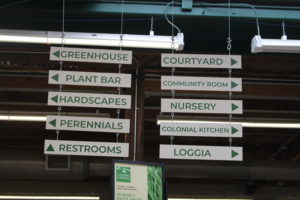
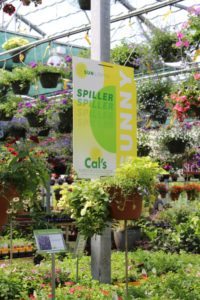
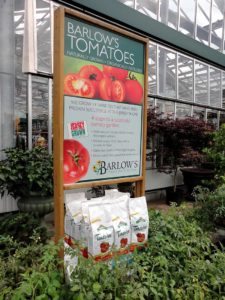
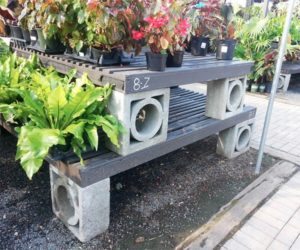
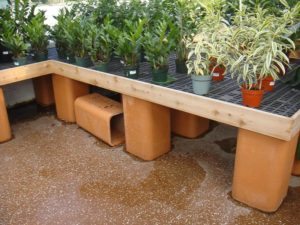
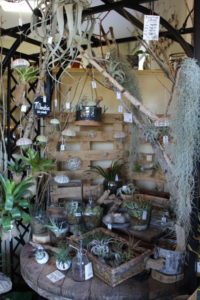
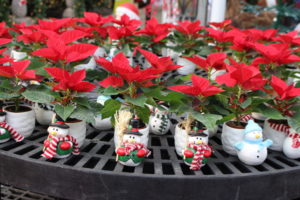
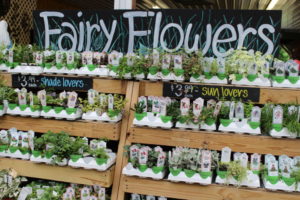
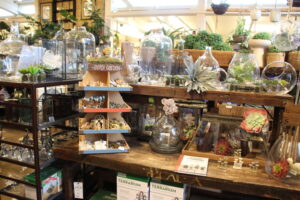
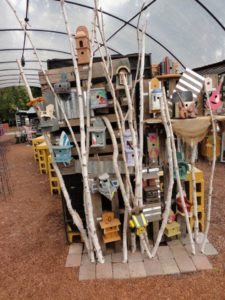
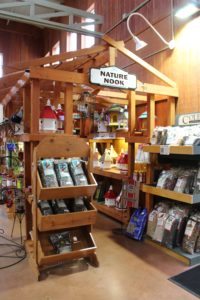
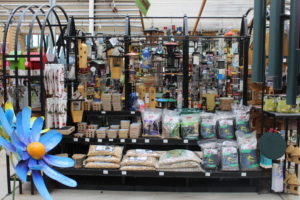
 Videos
Videos





